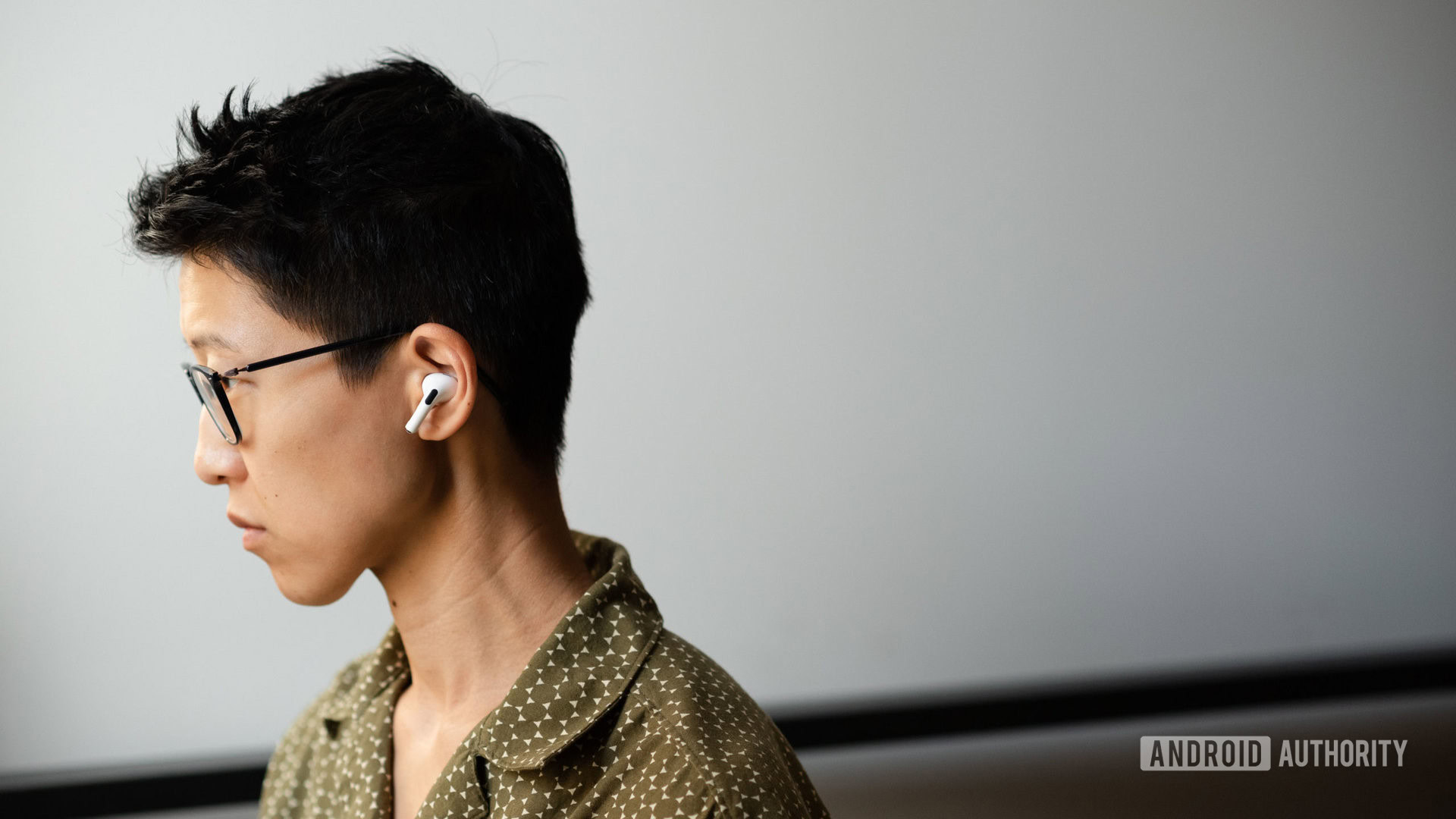The rule also mandates universal Bluetooth standards and volume control compliance for all smartphones.
I never realized how much we hated disabled people until I worked for a hospital/school.
“We”.
Try being autistic and not disabled and using smartphones with sweaty hands and tired eyes. And modern UI design in general.
I’ve been dreaming of a certain legislation for PC user interfaces and the Web since 10 years ago ; in essence that would mandate that everything governmental and commercial should be usable for blind people (because with modern UI\UX I want to close my eyes and pretend I’m blind) with screen readers and Braille terminals.
That legislation would absolutely kill what clueless crowds call “user-friendly UIs”, and I would be happy and gleeful, because it wouldn’t kill UIs following good old industrial ergonomics.
It would, of course, present a lot of challenges for such a transition.
Can’t speak to PC UI, but for the web, “public good” entities and government institutions have to follow ADA guidelines on usability for differently-abled people. Weird, because the law says this but does not get specific on what exactly must be done to be compliant. The gist is that those entities are “supposed to” follow WCAG, although those are only guidelines and not mandates.
I work in healthcare and our org, although we made best effort to make our site accessible for screen readers, color impairment issues, etc, we were still sued (lawsuit was a bit of a shakedown) and are now working to address and remediate each item in the suit with a third party. We want to be fully compliant but as of yet, there isn’t a “set of rules” that we can all look to make these sites compliant (basically just a bunch of suggestions). Weird times we live in.
Same thing over on education. US government entities down to the local level have to comply with WCAG 2.1 by April 2026 iorc, with some exceptions for content created before the cutoff. The exceptions aren’t clearly defined which is causing me a bit of a headache.
I mean, I’d love for all of our legacy documents and images to magically get image descriptions and quality OCR, but the archives have a terabyte of images and PDFs. It doesn’t help that the ruling uses “archives” to mean “legacy stuff unlikely to be used” and we use “archives” to mean “stuff about the history of the college, which students are encouraged to consult”.
Anyways, I’m all for accessibility. It’s good. I’m just borrowing worries from tomorrow about implementation.
I just had the thought that some of our documents are handwritten in ye olde handwriting. That will be the biggest pain in the neck to transcribe. (Shout-out to Transkribus for making it suck less, but it’ll still need to be proofread). I worry that we’ll scan and post fewer of our documents going forward if we have to provide a transcription when we post them.
And by challenges, they mean a handful of multinational Corporations would make slightly less profit for 3-5 years.
Yes, that’s exactly what I meant. Also proper approach to ergonomics pays back in development costs, so probably not even that.
In Ontario, any organization that receives provincial money must reach a certain accessibility level on its website, or risk having its funding removed.
The UI shitshow today is unbelievable. Low contrast being the “cool” thing. I have great Vision and find it frustrating - I can only imagine what it’s like for people with vision issues.
So you want to severely inconvenience the vast majority of people for your own personal gain?
Surely there is a better compromise
So you want to severely inconvenience the vast majority of people for your own personal gain?
That’s what they do with walkways, is it not?
I, for one, am extremely inconvenienced by not toggling “blind” or “vision impaired” mode in my OS or browser. The existance of a high contrast mode also offends me. The thought that websites might be navigable using speech readers keeps me up at night.
Hahaha, right,right.
Making something usable by more people is “severely inconveniencing” someone. 🤦♂️
This wasn’t a thing already? We’ve had cell phones a long time.
edit: punctuation
Not officially, but nearly every device has supported hearing aids compatibility for years, well before smartphones became the standard.
Yeah, mine are controlled via phone. Still better to make it required though
I recall it being required in cars. IIRC all cars after 2012 needed to have bluetooth and hands free.
Perhaps phones just operated in proxy to that
Rare FCC W
better get used to it. Kahn is coming and she won’t stop until there’s corpo blood in the waters.
I couldn’t tell from reading the article but are all phones required to have Bluetooth now? Like is the end of dumb phones?
Dumb phones have had Bluetooth. I remember as far back as the first RAZR having bluetooth.
I’ve had phones newer than the first RAZR that didn’t have bluetooth but it’s been a while and bluetooth is incredibly cheap – in fact it probably comes for free with the GSM module, just needs the right software the hardware is already capable of doing it. Separate bluetooth modules (ESP32) cost what 1.30, antenna, maybe ten cents.
A total aside, but I was always annoyed early smart phones had am/fm receivers in them (free on the chip) and relatively few phones ever let them be accessed. I think most of those also could do TV signal, if I’m not mistaken? But that may have been a subset.
Sure, that probably played hell on the battery, but it would’ve been neat to have the option to DVR TV over the air on my phone back then and cast it, in the early days of Chromecast.
Archive link: https://archive.ph/w9soL
Good to hear
nice
The regulation requires all phone makers to abandon proprietary Bluetooth coupling standards that may interfere with hearing aid compatibility. The FCC will require all handsets to ensure universal connectivity between smartphones and hearing aids, including over-the-counter devices like the recently approved Apple AirPods Pro 2.
I wonder how Apple will try to handle this, as we’ve seen with them and the EU app store business that they will take malicious compliance to the extreme to fight against having to lose any control over their devices.
As a fan of dystopian sci fi thrillers I can only hope each iPhone comes equipped with a ham radio no one can access
Good, hearing aids can be a real pain in the ass and it’s good to make it easier. Though I’d love if the DoEd were to put more emphasis on sign language
If they’re a pain in the ass I think you might be wearing them wrong.
How is the Android compatibility of Apple Airpods? I remember reading the latest one is now certified as a hearing aid.








